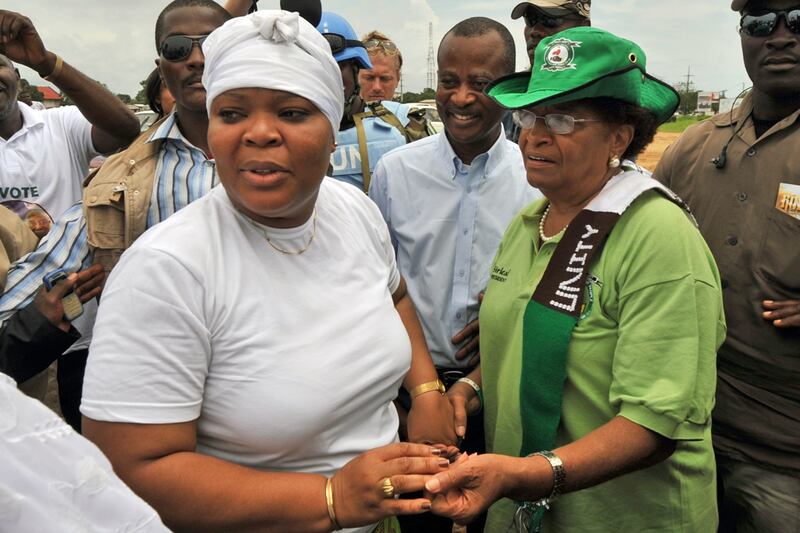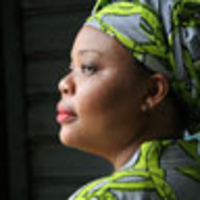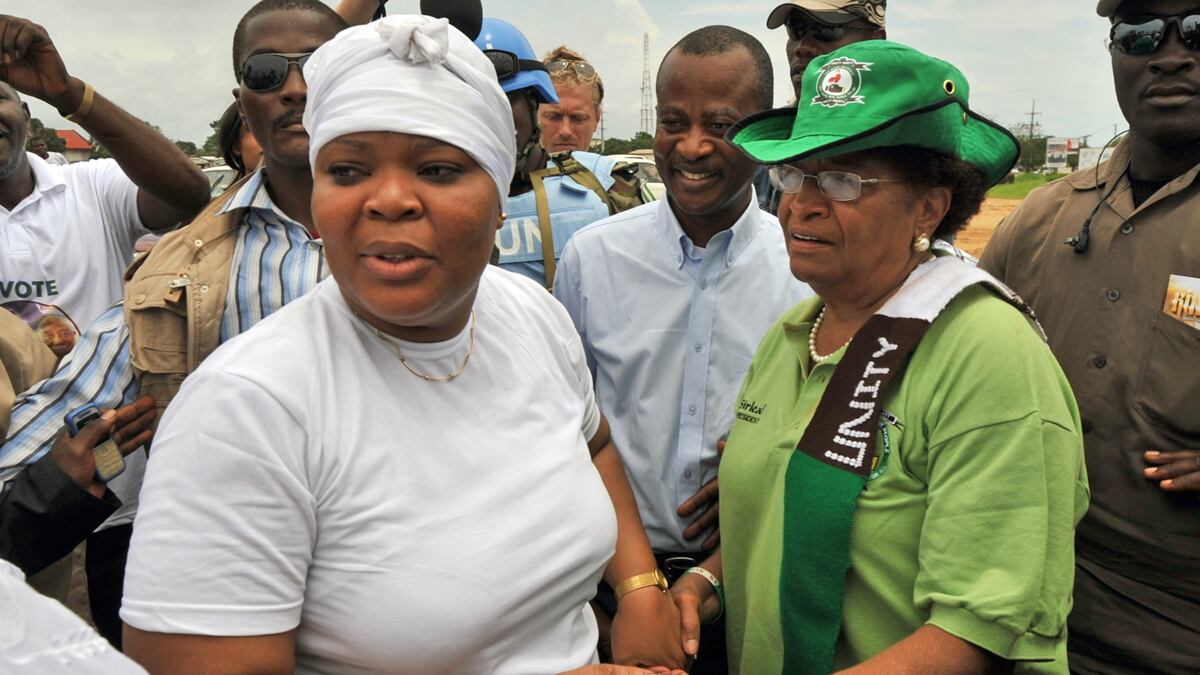Violence erupted on November 7th, one day before my country was to vote in an important presidential election: incumbent Ellen Johnson Sirleaf faced opposition candidate Winston Tubman of the Congress for Democratic Change. In a nightmarish reminder of the 14-year civil war we all hoped was behind us, armored vehicles roared up the capital’s main boulevard and helicopters circled overhead. Shots were fired and at least one person died. I woke the next morning, the day of the election, in tears. I was crying for Liberia. Our nation had seen the worst, survived it and had just begun to redeem its image. Now it looked as if we were being plunged back into total madness.
I called my 17-year-old daughter, Amber, who lives in the United States. “Where do I start?” I asked her. “I worked so hard to build peace during the war. How do I begin again? And I am angry at those who are throwing away what was so hard won. How do I get beyond that? How can I work for peace and reconciliation when I am so filled with rage?”
“Mama, God will give you the heart to forgive and the ideas that will help you do what He needs you to do,” she told me.
I called my friend Abby Disney, whose film Pray the Devil Back to Hell first showed the world how the women of Liberia had come together in our country’s darkest days to demand an end to the war. She, too, told me not to give up. I cried some more. I prayed. I knew I had to continue doing what I do best: building peace. I couldn’t allow hate and anger to destroy what my sisters and I worked so hard for. I couldn’t allow the bitterness that swelled in my throat every time I thought about the previous day’s violence to immobilize me. I had to get a few of my sisters to work with me and engage very angry men from all sides of the conflict. We had to lead the way to peace and reconciliation—just as we did in the past.

I called my childhood friend and sister, Williametta Saydee who is the Secretary General of CDC U.S.A. She also encouraged me to keep going and gave me the number of some senior members of the opposition party. I made few calls and sent some text messages and by 6 am, I had meetings scheduled with key members of different political parties, including a senior member of CDC, but not with Mr. Tubman or his running mate George Weah.
The meetings were successful. The election took place as scheduled, and Sirleaf is poised to take a second term. Although Mr. Tubman and the CDC declared a boycott of the process, those who wanted to vote did so, and those who did not stayed home. There was no fighting, rioting, gunfire. Peace endured.
Today, the tears were gone. I woke with renewed vigour, determined that the message of reconciliation must continue to be spread. I offered that message on a local radio show. I met with over 50 young women from different communities. We screened “Pray the Devil Back to Hell” and had a long conversation about women’s role in the peace process. We are one Liberia. We must work together.
During the war, my pain and anger drove me to become an activist. Once again, it was the source of energy that helped me see the way forward. And it reconfirmed my theory that anger is like water: The shape it takes comes from the container you put it in. Tuesday morning, my sisters and I put our anger in a container labeled “the power of women, the power of nonviolence.” What emerged was the same shape our anger took during the war. I found it beautiful then, and I still do.






